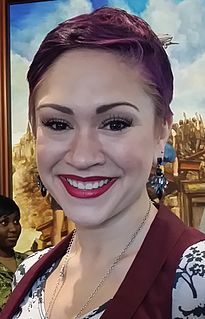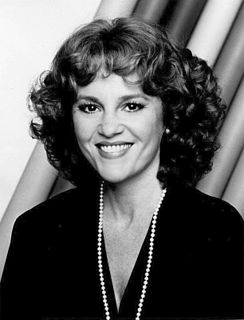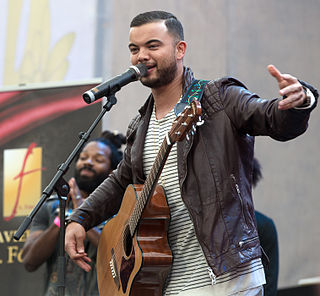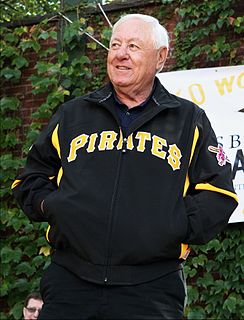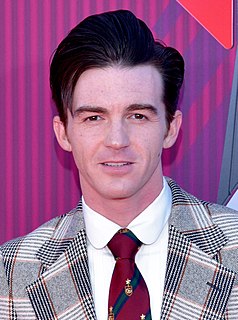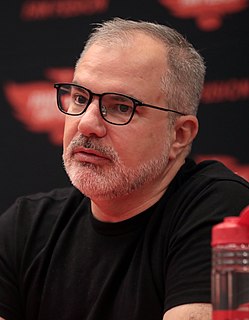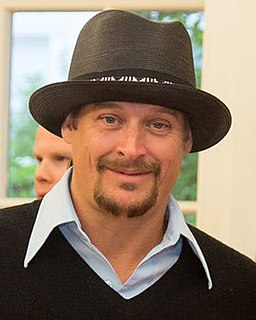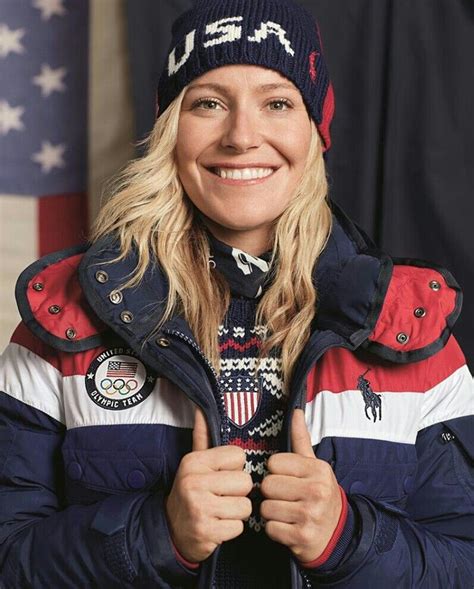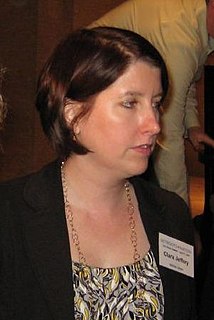A Quote by Diana DeGarmo
I actually grew up being part of the kids' choirs, so I knew 'Joseph' basically my entire life. We've brought in this new multimedia aspect that really makes the show jump off the stage and into the audience.
Related Quotes
An interesting difference between new and experienced stage managers is that the new stage manager thinks of running the show as the most difficult and most demanding part of the job, whereas the experienced stage manager thinks of it as the most relaxing part. Perhaps the reason is that experienced stage managers have built up work habits that make then so thoroughly prepared for the production phase that they [can] sit back during performances to watch that preparation pay off.
The live audience, just getting an instant reaction off of an audience is the best part[of the show]. Being in the studio and working on your songs and listening to them back and doing all that - it's a lot of fun, but having that instant reaction and being able to work and vibe with an audience is the best part.
One of the things that really gets me excited and makes me start up companies is the fact that you can basically build something new, try to introduce a change in a way that people are used to doing certain activities, and basically create something out of scratch that doesn't exist and would revolutionize whatever it is that you are trying to do with it. So that's part of the reason I love being able to be a technologist.
Normally classical music is set up so you have professionals on a stage and a bunch of audience - it's us versus them. You spend your entire time as an audience member looking at the back of the conductor so you're already aware of a certain kind of hierarchy when you are there: there are people who can do it, who are on stage, and you aren't on stage so you can't do it. There's also a conductor who is telling the people who are onstage exactly what to do and when to do it and so you know that person is more important than the people on stage.
My dad tells me that he took us to a pantomime when I was very, very small - panto being a sort of English phenomenon. There's traditionally a part of the show where they'll invite kids up on the stage to interact with the show. I was too young to remember this, but my dad says that I was running up onstage before they even asked us.
